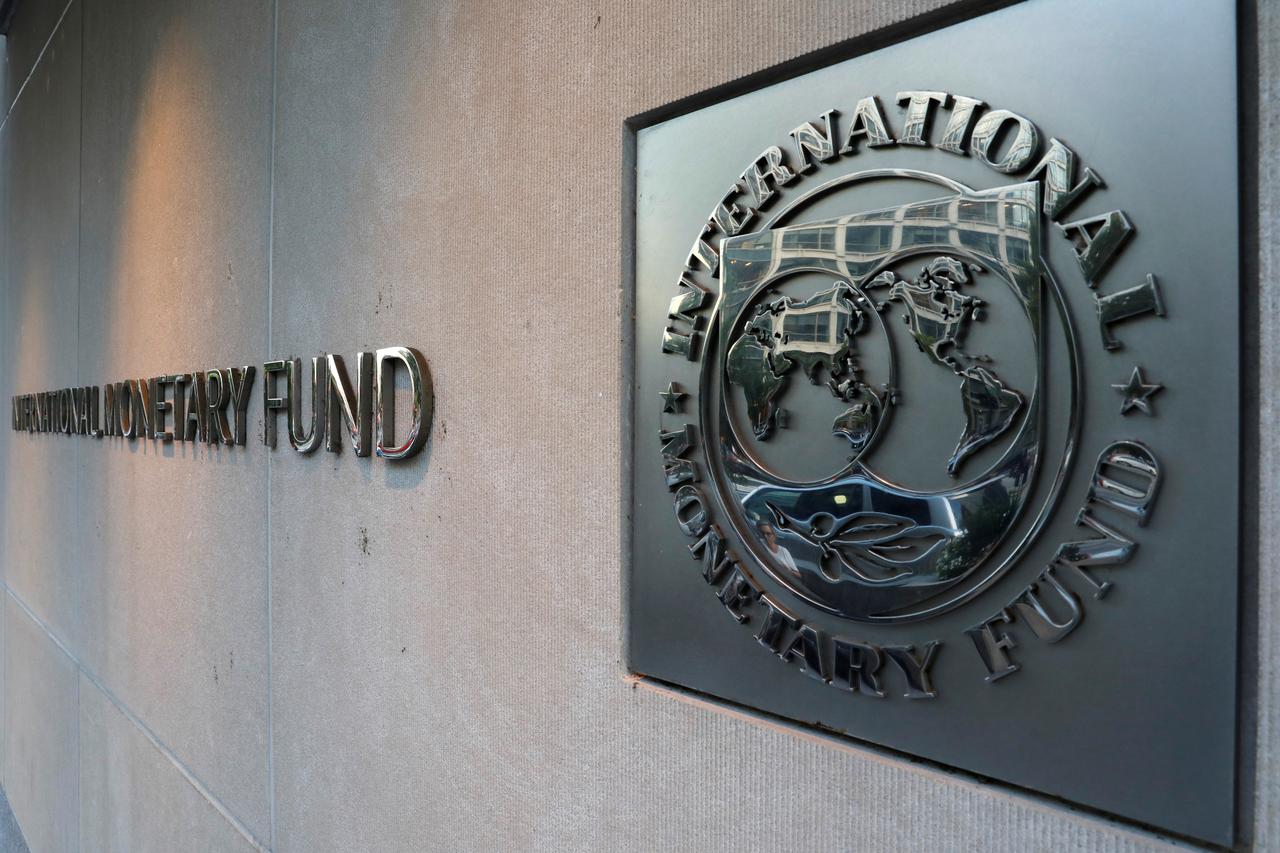IMF: Caribbean, Latin America to experience decade of ‘no growth’ due to COVID-19
Another “lost decade” for the region looms
WASHINGTON, USA – The International Monetary Fund (IMF) expects a decade of “no growth” in the Caribbean and Latin for the years 2015 to 2025.
The internationally renowned organisation cited the global economic fallout caused by the coronavirus pandemic plus other issues the past few years as reasons for another impeding “lost decade.”
The “lost decade” traditionally refers to the 1980s in Latin America and the Caribbean, when countries had no choice but tighten their belts to meet debt payments. The IMF, meanwhile, would demand painful reform in return for bailouts.
In a Reuters report, Alejandro Werner, head of IMF’s Western Hemisphere department, said that 16 requests for emergency assistance was hastily processed by the global fund. About half of which were from Caribbean countries greatly affected by a stall in tourism.
He also mentioned that other countries such as Barbados and Honduras have reached out regarding traditional IMF programs or extensions to existing financing arrangements.
Barbados has requested an extension of $200 million (US$100 million) under its existing Barbados Economic Recovery and Transformation (BERT) programme. While Honduras on March 30 received a $144 million in emergency financing from the IMF.
“Worst economic recession”
From IMF’s 2020 World Economic Outlook, the global lender predicts that the economy of neighboring region, Latin America, is likely to contract 5.2% as outbreaks continue to increase as well.
In a videoconference briefing, Werner told news agencies that the concerned regions were facing the worst economic recession since their records that date back to the 1950s.
Werner added that a quick recovery was expected in 2021 as long as the pandemic is under control – even with the given contraction forecast, and the various policies’ that are in place to contain the crisis.
However, that would not be adequate enough to compensate for the present emergency, and the events and problems that have piled up in recent years.
In the same report by Reuters, Werner supports this by saying, “It’s not only this shock; it’s the cumulative negative shock that the region will have gone through in the decade going from 2015 and 2025.”
As some growth is to be seen in individual countries, the region as a whole would not, Werner further states.



